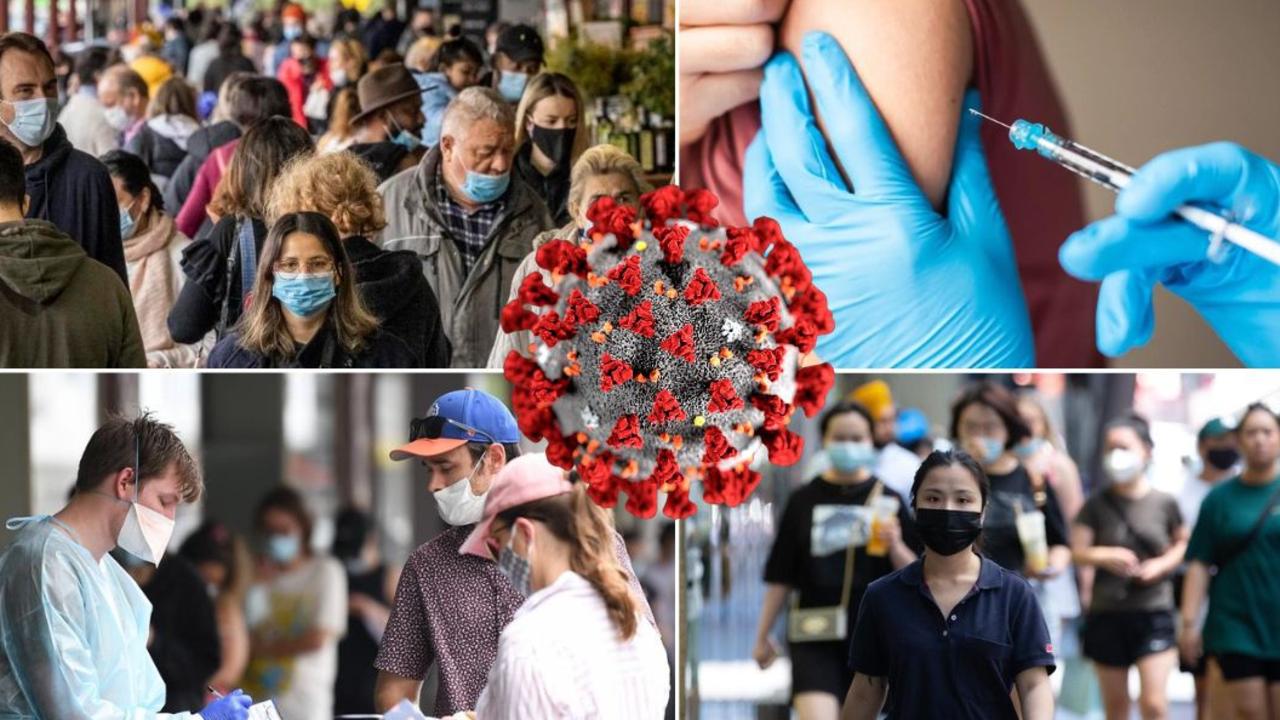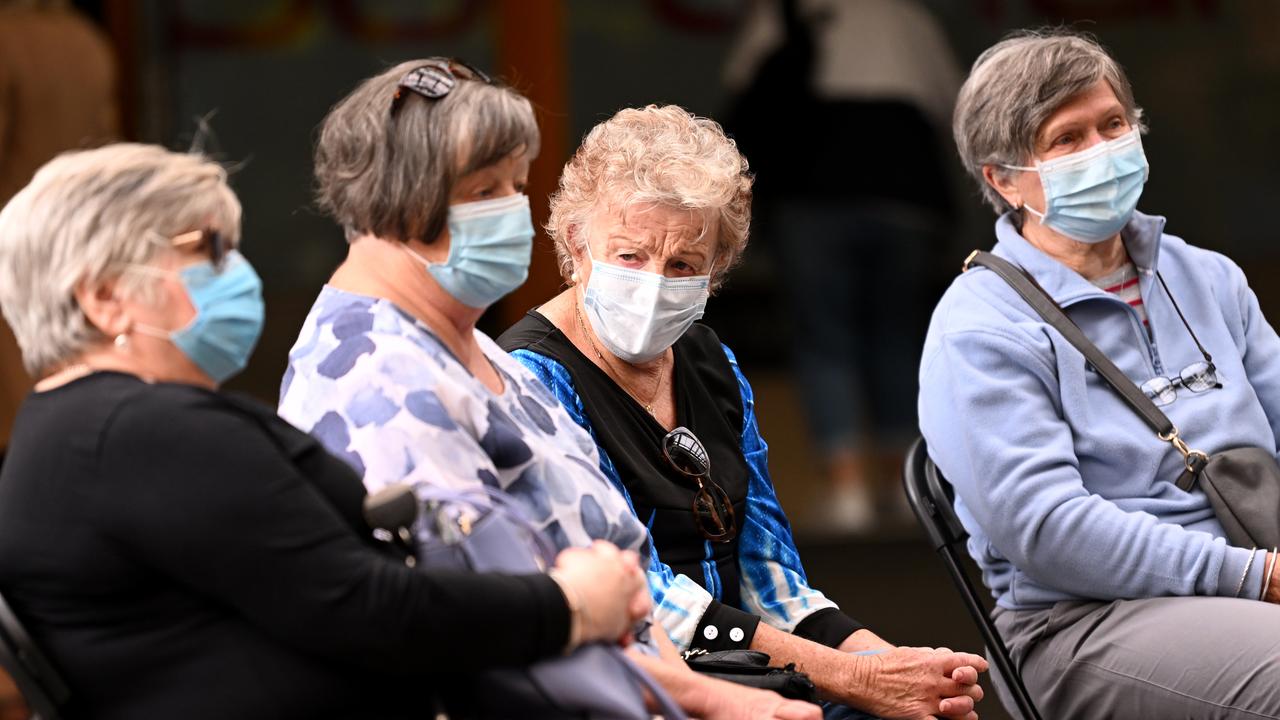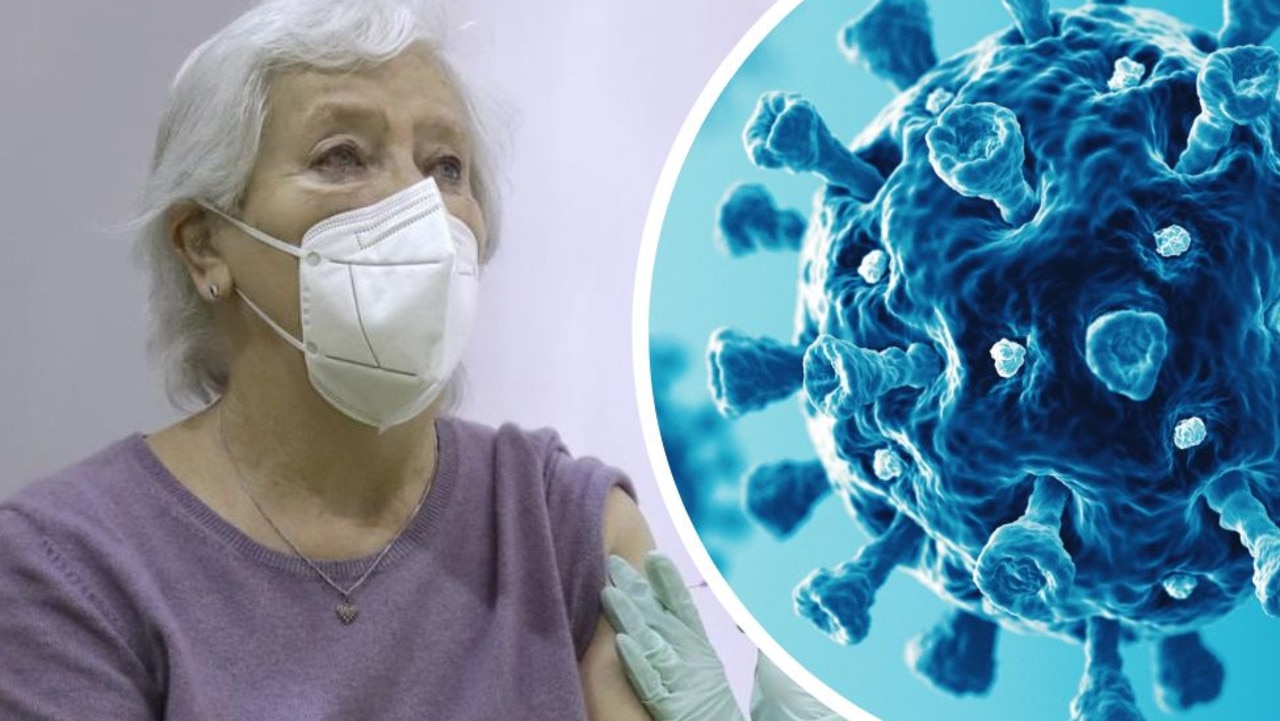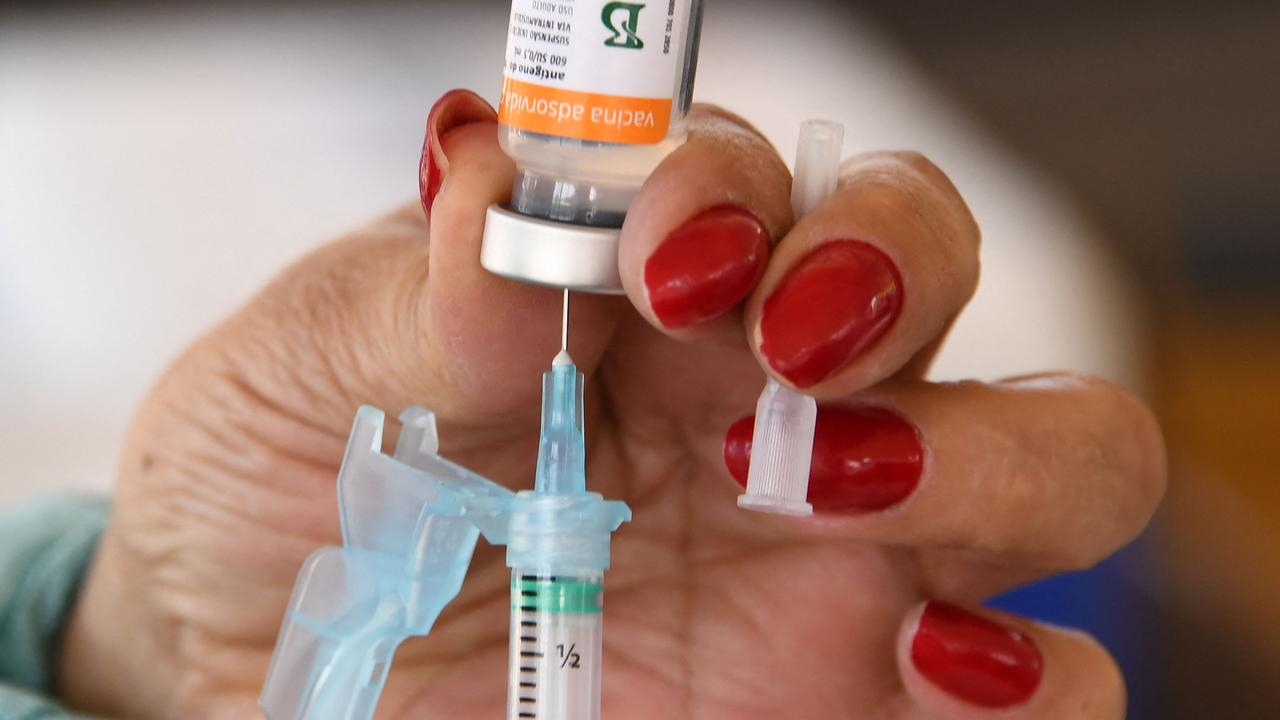Living with Covid-19: How Australia compares to the rest of the world
Australia is one of the most locked up countries in the world as it grapples with Delta outbreaks in three states. See how our nation compares.
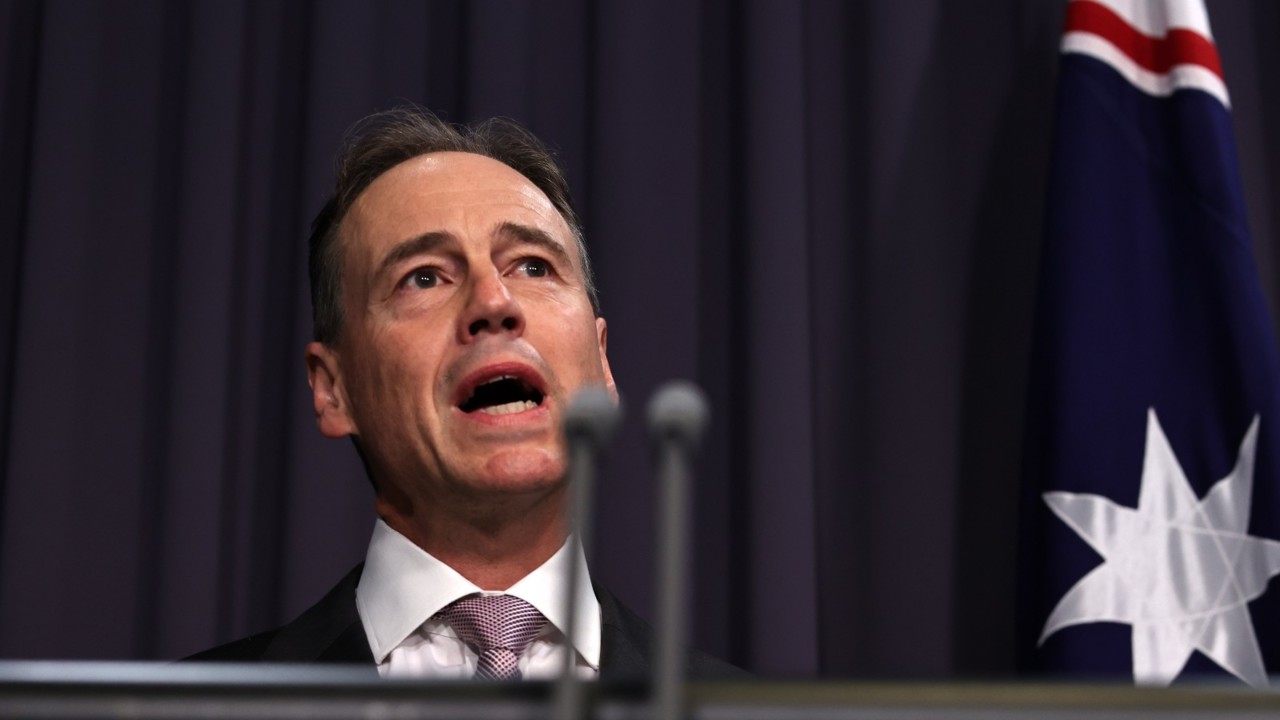
Coronavirus
Don't miss out on the headlines from Coronavirus. Followed categories will be added to My News.
Australia is now one of the most locked down places in the world, just as many other countries are opening up.
But not all have done so successfully; and many are reintroducing restrictions and even partial lockdowns to combat rising case numbers.
This is a list of how other countries are faring as they learn to live with Covid-19.
SINGAPORE
Three weeks after declaring it would learn to live alongside the virus, Singapore has reintroduced a partial lockdown to slow down growing cases around their busy port and nightclubs.
From this week, gyms will close, restaurants will shut to dine-in customers, and gatherings outside restricted to just two people.
Almost half the population is fully vaccinated, at 49 per cent, and 73 per cent have had their first dose.
On July 21, 181 new cases were recorded.
There had been no Covid-related deaths in the week to July 21.
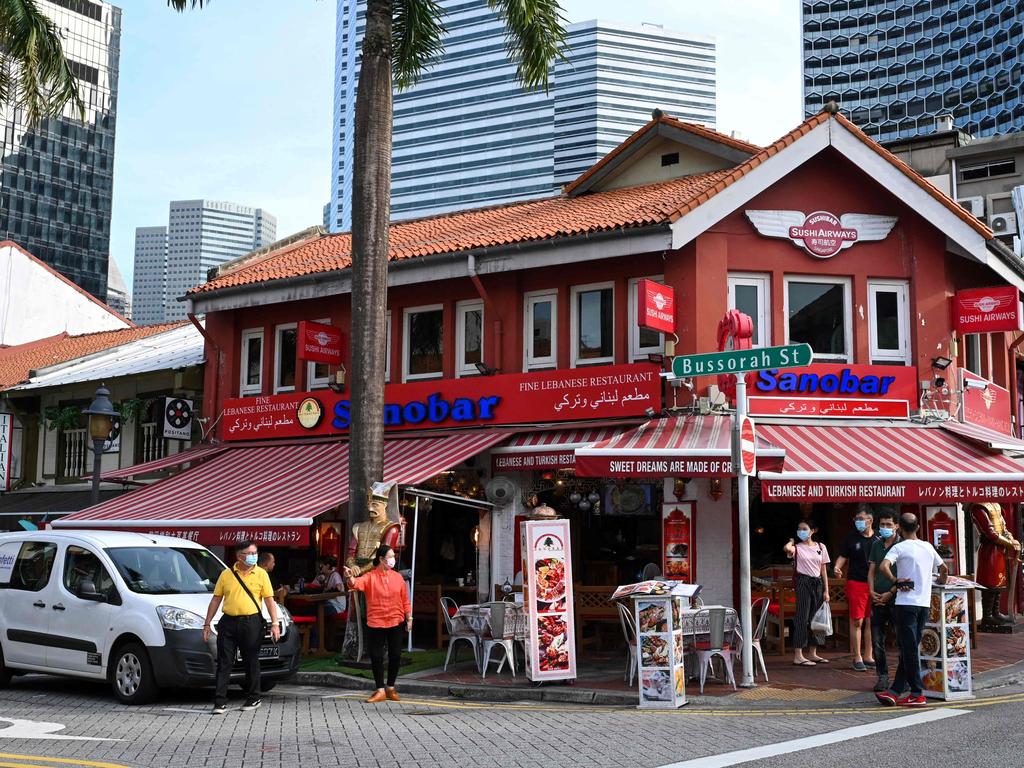
ISRAEL
Case numbers are rising quickly, and Israel has swiftly revived some restrictions to try and limit the new infections.
With daily cases now at almost 1500, Israel is limiting access to events attended by more than 100 people to people who are fully vaccinated, or who have a negative test taken within 72 hours.
Face masks are again mandatory, with big fines for individuals and the venues who allow them in.
To help avoid this, venues have to have a “coronavirus monitor” to make sure guests are following the rules.
The daily average of Covid-related deaths was two in the seven days to July 21.
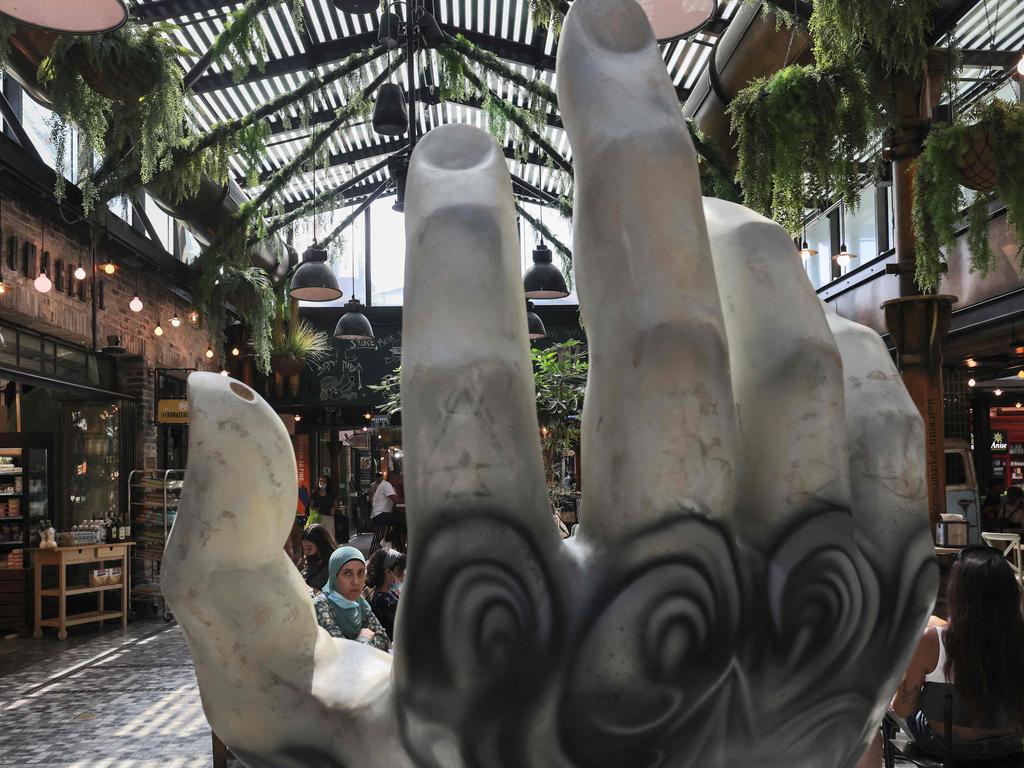
UNITED STATES
The US has confirmed its land border closures with neighbours Canada and Mexico will continue until at least August 21, and cases are climbing steadily.
Just over 62,000 cases were recorded on Tuesday, far below the highs of the last wave, but growing quickly.
Restrictions – and infection numbers – vary by state.
California and New York have high vaccination rates but require unvaccinated people to wear masks indoors, while others, like Alabama and Idaho, have low vaccination rates but no mask rules.
The daily average of Covid-related deaths was 249 in the seven days to July 21.
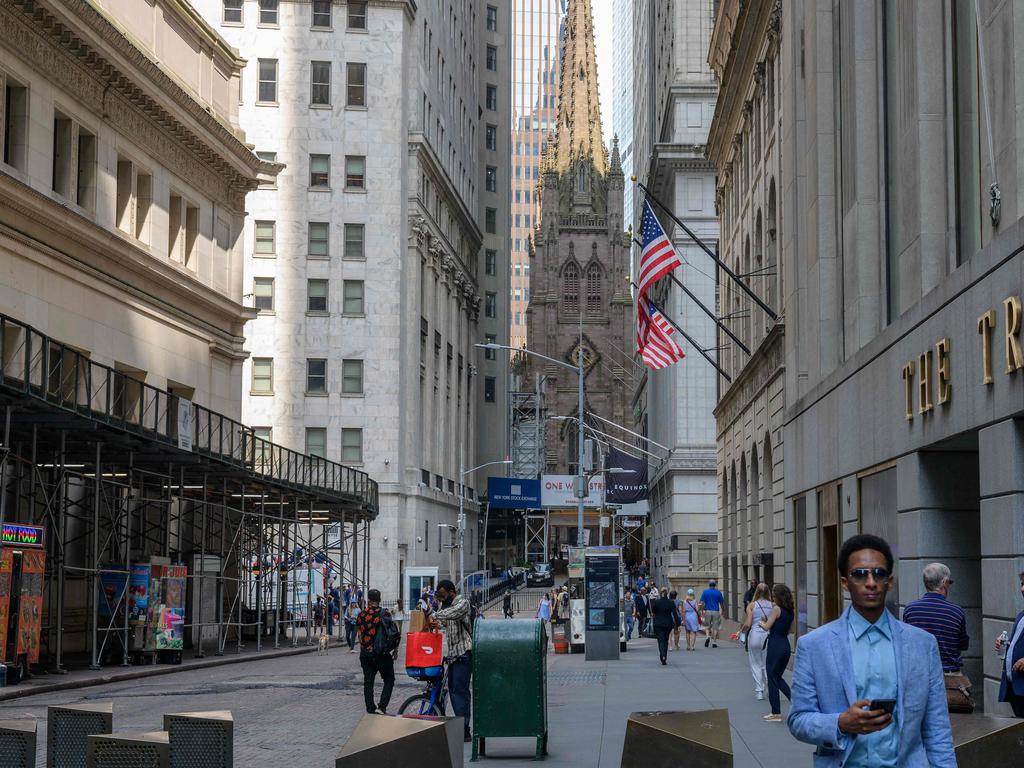
Some schools and universities will insist students are vaccinated when classes resume, but this also varies greatly by state.
New York and California require those without the jab to wear masks indoors, while others like Idaho and Alabama don’t have the same requirement – and also low vaccination rates.
It’s states like these that have seen a spike in infection rates in recent weeks.
Almost exactly half, 49.1 per cent, of the US is fully vaccinated.
UNITED KINGDOM
England has had its Freedom Day and removed all the remaining restrictions imposed on citizens.
Polls suggest the public want more caution, but that didn’t stop people flocking to pubs, restaurants and nightclubs that have been closed for more than a year.
In Scotland, work from home is still preferred, and there are gathering limits both indoors and outdoors.
Nightclubs remain closed, and most other venues close at midnight.
Wales has fewer restrictions, but still insists only six people can meet indoors, and events are capped at 1000 attendees.
The daily average of Covid-related deaths was 52 in the seven days to July 21.
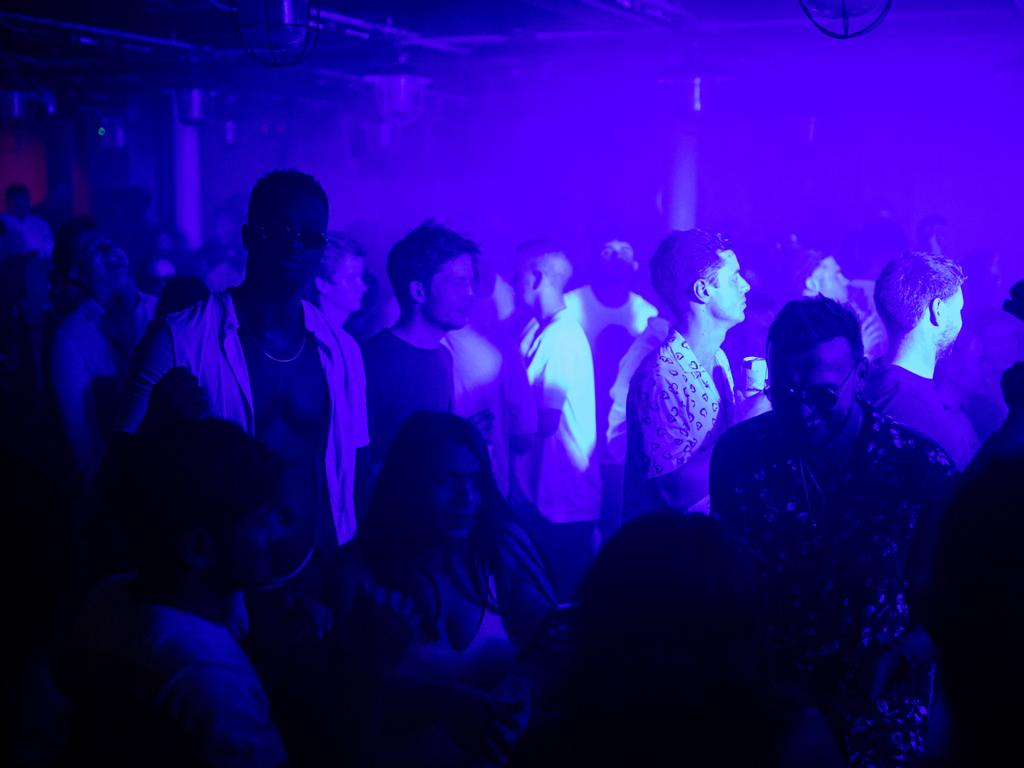
There are no home quarantine expectations for UK citizens returning from certain countries, as long as they were vaccinated in the UK.
Cases have been climbing for weeks from under 100 a day to over 50,000 last week – with estimates of 100,000 new infections by the end of the northern summer.
Vaccine rates are high, with 68.8 per cent with both jabs, and 88 per cent with one dose.
GERMANY
Germans no longer have to be bound by density limits, can travel without a two-week quarantine and don’t need proof of a negative test to dine at cafe or restaurant – if they are fully vaccinated.
Cases have risen slightly, to 1626 on July 20, far below the case loads of April when more than 20,000 were occurring.
Almost half, 47.2 per cent are fully vaccinated, with a further 13 per cent having had one dose.
The daily average of Covid-related deaths was 20 in the seven days to July 21.
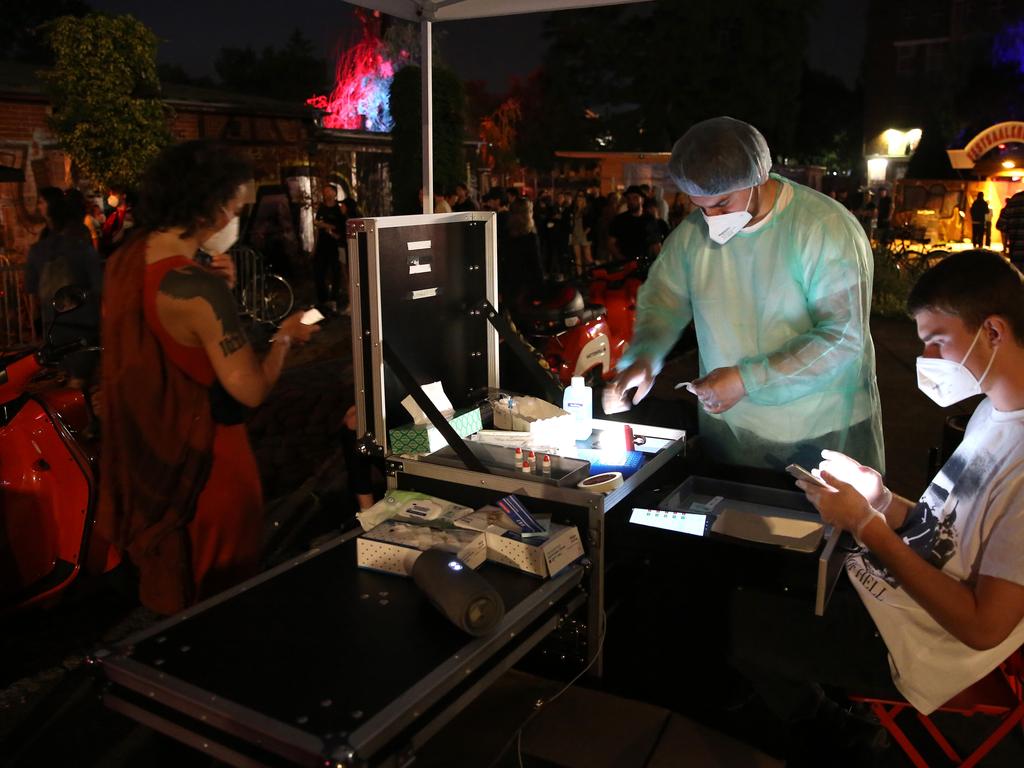
FRANCE
Like Israel, France is suffering from a big leap in infection rates, with cases now hitting 11,000 a day.
Le Monde newspaper reports new measures may include early closing hours for restaurants, face mask wearing, and local curfews, for unvaccinated people.
Some regions have already reimposed these restrictions.
France has also tightened its rule around entry to the country – non-vaccinated travellers now have to have a negative pre-departure test 24 hours before they arrive.
The daily average of Covid-related deaths was 17 in the seven days to July 21.
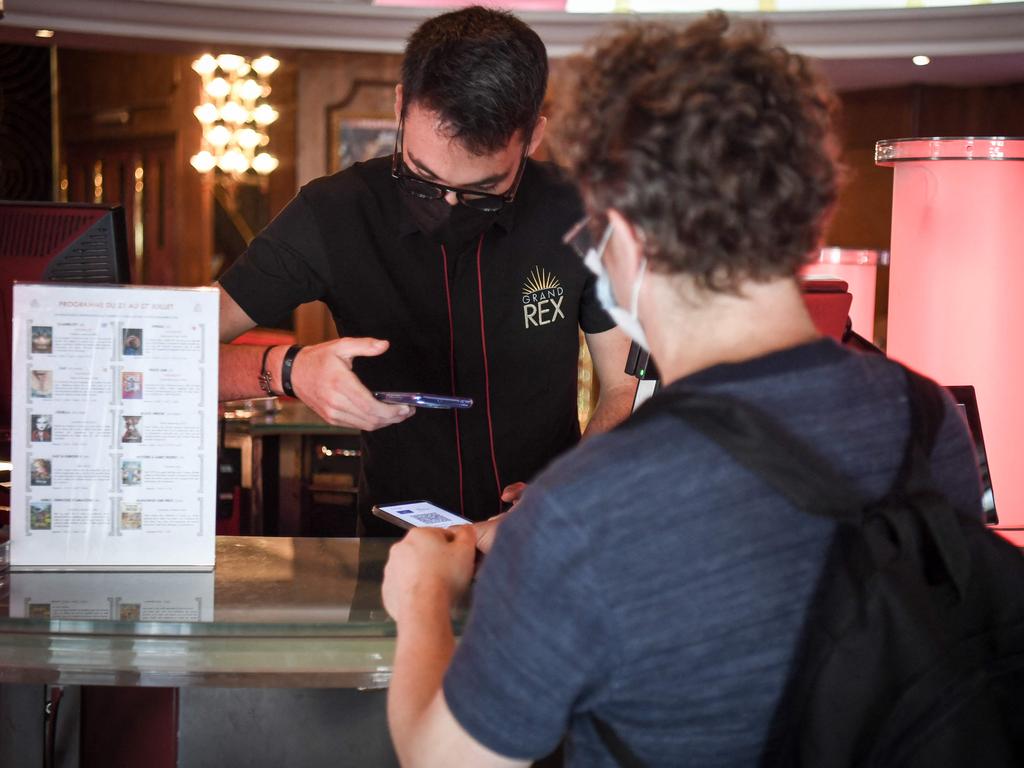
NEW ZEALAND
New Zealand is currently at its lowest alert level and there are no restrictions, aside from at the border.
Only New Zealand citizens are permitted entry, and have to complete 14 days hotel quarantine, apart from people coming from Australia (as long as their state/territory is part of the travel bubble, which changes as outbreaks occur here).
Vaccination rates are almost as low as Australia, but the Kiwis inoculation program is picking up after the arrivals of long awaited big supplies from Pfizer.
Fifteen per cent of the population are fully vaccinated, with 22 per cent having had their first dose.
There have been no community cases since a border worker was infected in April.
There have also been no Covid-related deaths since late April.
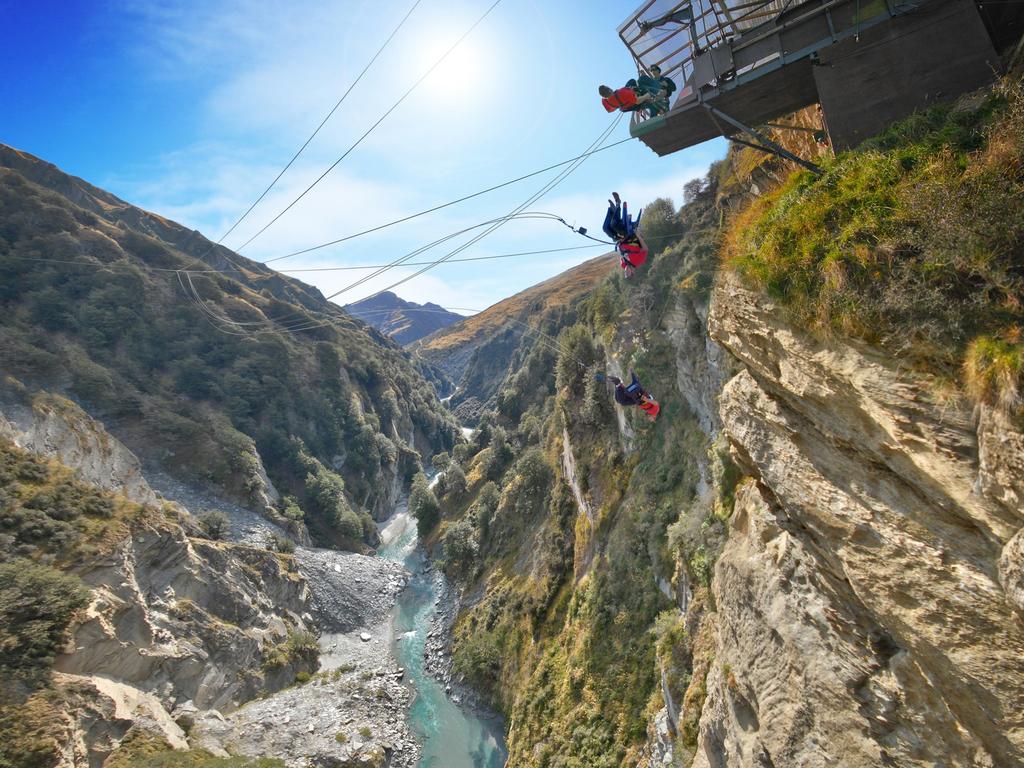
CANADA
Canada is set to allow fully vaccinated travellers to return, but restrictions still remain in place throughout the country.
Mask use is suggested throughout the country, but mandatory in Quebec and Ontario.
Newfoundland and Labrador requires a travel form to enter, similar to the border permits used in Australia.
Ontario also has capacity limits for public events, retail, cinemas and casinos.
The daily average of Covid-related deaths was nine in the seven days to July 21.
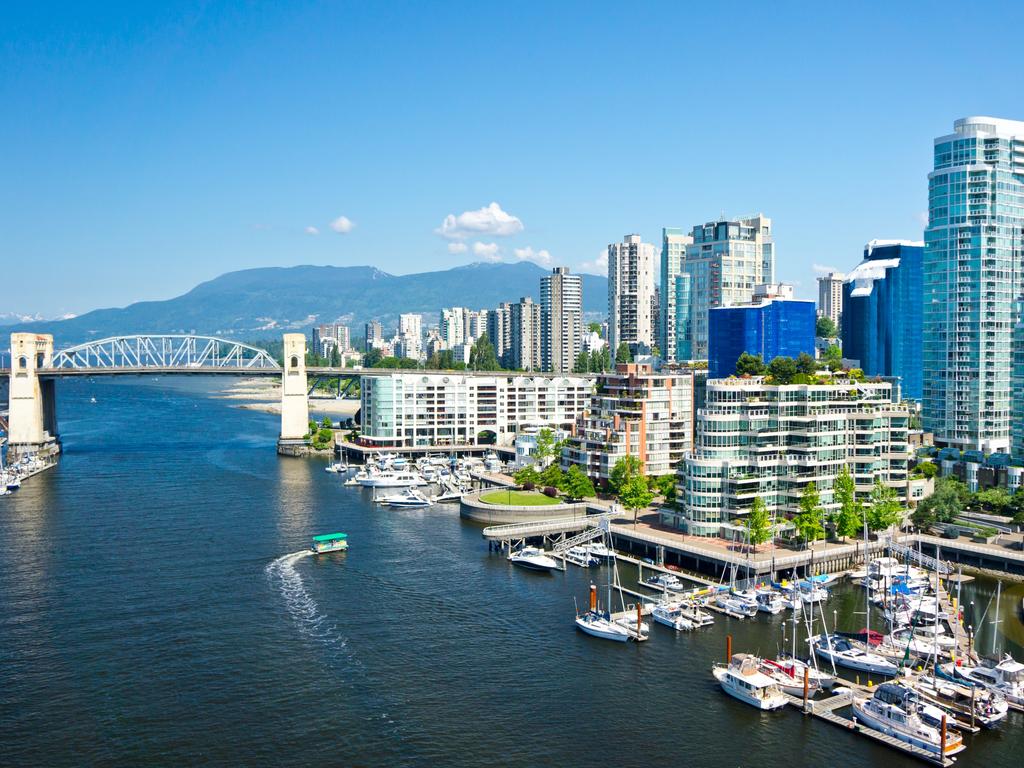
JAPAN
The Olympic host nation is being hit with a new wave of cases, which is why the biggest spectacle in the world will go ahead without spectators.
The state of emergency has been lifted in all prefectures, except in Okinawa and Tokyo where it is scheduled to be in place until August 22.
A slightly less strict of state of emergency is in place in four other prefectures.
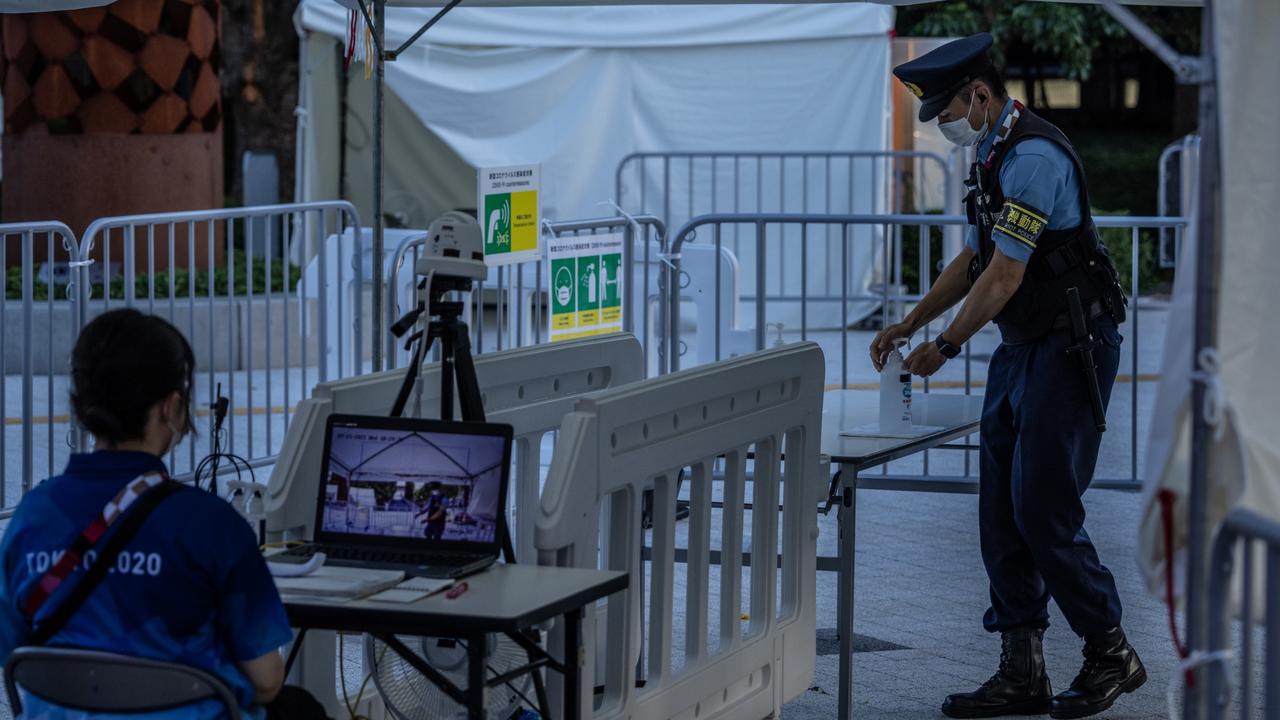
During the state of emergency, bars are requested to remain closed and large shopping facilities and tourist attractions are requested to close early.
Vaccination rates are rising: 30 per cent have had both jabs, while 35 per cent have had one dose.
Infection rates are climbing, with 3836 recorded on Tuesday – the highest level since May.
The daily average of Covid-related deaths was 15 in the seven days to July 21.
More Coverage
Originally published as Living with Covid-19: How Australia compares to the rest of the world





